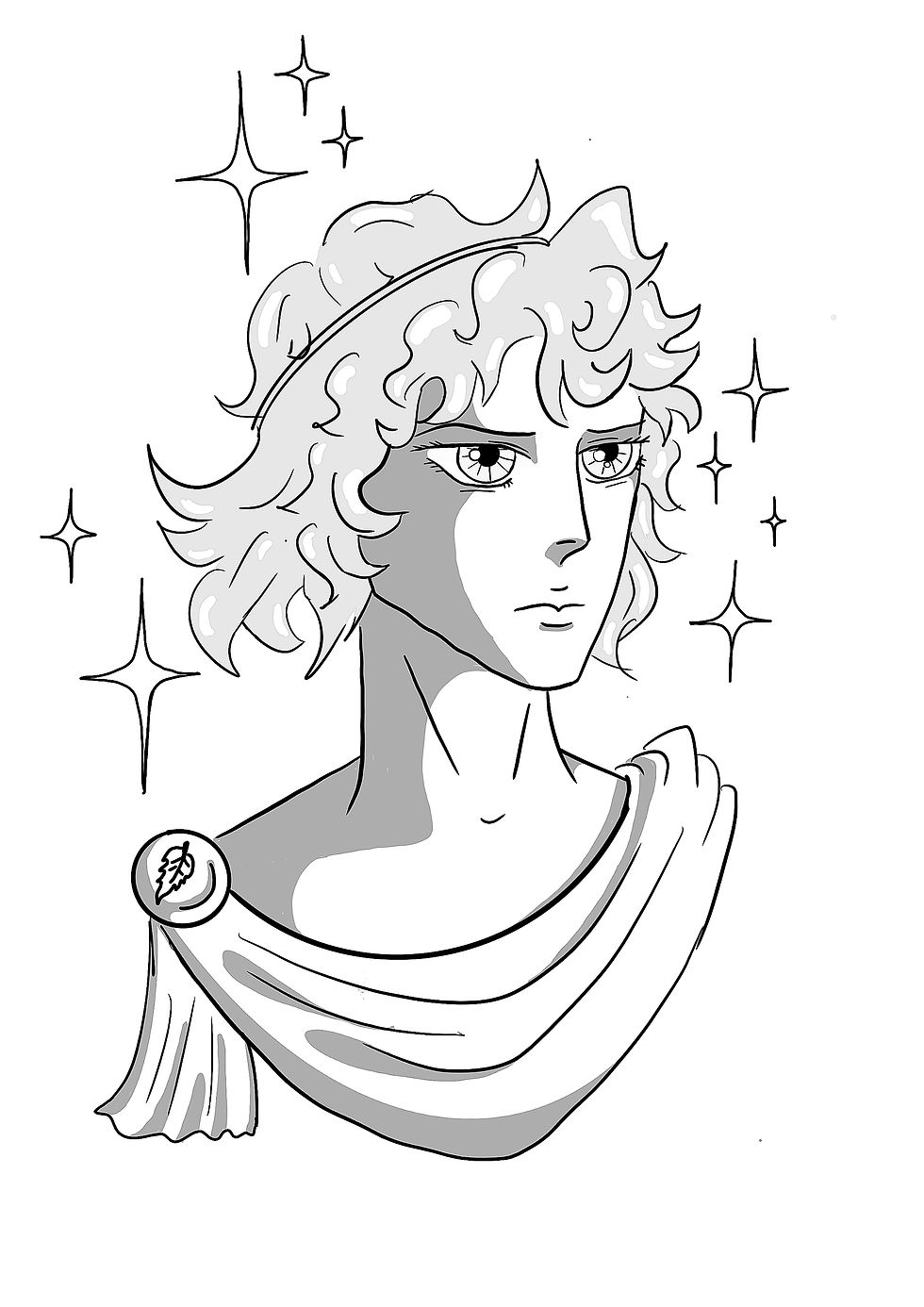On Returning
- Zoe Gallis
- Jul 14, 2025
- 4 min read
Meditations on bilingualism from a summer spent at home.
By Zoe Gallis
Towards the end of Homer’s Odyssey, we witness the titular character return—weary and transformed by his arduous years away—to a home that has changed in his absence. What follows in the closing books of the epic are a series of tender and difficult moments: Odysseus’s dog, Argos, upon reuniting with his owner, wags his tail for a final time; the loyal Penelope reluctantly watches suitors compete to replace her beloved; the devoted son, Telemachus, helps his father in his disguise; and the ever-nurturing nurse, Eurycleia, continues to care. We become witnesses to these scenes which unfold in the wake of Odysseus’s return to Ithaca, and which do the slow and meaningful work of recognition.
This summer in my hometown of Athens, Greece, I have been trying to do much of this same work—I have been trying to remind myself of what once felt familiar. My Greek has always lingered at the edges of fluency, present but partial, often buried under all of my English education. It has, nonetheless, undeniably shaped my upbringing, and when I moved from Athens to New York for college, I carried “Greek” as a label that was supposed to explain something about who I was, even if that something remained unclear to me. While at Columbia, I have explored this confusing feeling in many ways: through reading, freewriting, academic essays, conversations with other international friends—but all of my efforts so far have been in English.
Now, back at home after a tumultuous semester away, I have one more avenue to explore, the one that intimidates me the most—the Greek language. So, this summer I have decided to become an archeologist of sorts and I have decided to start excavating deep down to where my Greek lies, uncovering the simple words, the ones I know best, and arranging them into poems. In essence, I have been attempting to do the hard work of recognition in hopes that I might encounter my Greek self.
Writing in a language that you’re not confident in is, as one might expect, a frustrating endeavor (I have six English synonyms for every word I know in Greek). It is also an experience that brings to the surface quite a lot of shame. Maybe Greek wasn’t the language I was schooled in, but it was the language that surrounded me as I grew and changed for the first eighteen years of my life; I should know it better, I tell myself. In the hours I have spent getting just a few lines down on the page in Greek, I am haunted by the question: What if, after all this digging, there isn’t enough of me there to find?
The first and most difficult obstacle was—as with everything—beginning. Setting out to write poems in Greek for the first time required a kind of confession, a willingness to admit and be faced with all that I don’t know. For this reason, I kept my attempts strictly private. Despite the fact that my writing remained between me and the page, what kept me returning to the craft was, in all honesty, my feeling of shame, the feeling that I should know better. But what followed that initial feeling was a hope that sustained me: Each time I would finish writing or translating a poem, the language felt a little more like my own again—like I had wiped the dust off each of the words and held them in my hands anew.
There are many things about Athens, aside from the language, that remind me of the time I have spent here. After all, life is not only made up of words, but of places and people, and I am reminded of this every time I visit the spots where I used to be a regular, or I see the faces of my hometown friends and extended family. Unsurprisingly, once I started writing in Greek, this is the meaning my poems took on, their content often reflecting the experience of a hot Athenian summer and the familiar characters that I grew up with. Threaded through each of them is also a palpable nostalgia and an earnestness unique to expressing complex feelings with a limited vocabulary. My poems say what they mean because that is all they can do. What emerges from their sincerity is a clear image, not of who I am, but of all the years I have spent becoming.
Τα Χρόνια
Τον Αύγουστο
Τα πράγματα στέγνωναν γρήγορα:
Τα σώματά μας
Σκληρά από το αλάτι.
Τα τζιτζίκια ανακοίνωναν
Το απόγευμα.
Η μία μέρα γινόταν δύο,
Κι έτσι, κάπως, πέρασαν τα χρόνια.
Η μνήμη όμως κρέμεται
Σαν βρεγμένο λινό στο δέρμα,
Και μου λείπουν τα πάντα
Όλη την ώρα.
The Years
In August,
Things dried in no time:
Our bodies
Stiff with salt.
The cicadas announced
The evening.
One day became two,
And somehow the years passed.
Memory, though, hangs
Like wet linen on skin,
And I miss everything
All the time.

Illustration by Isabelle Oh



